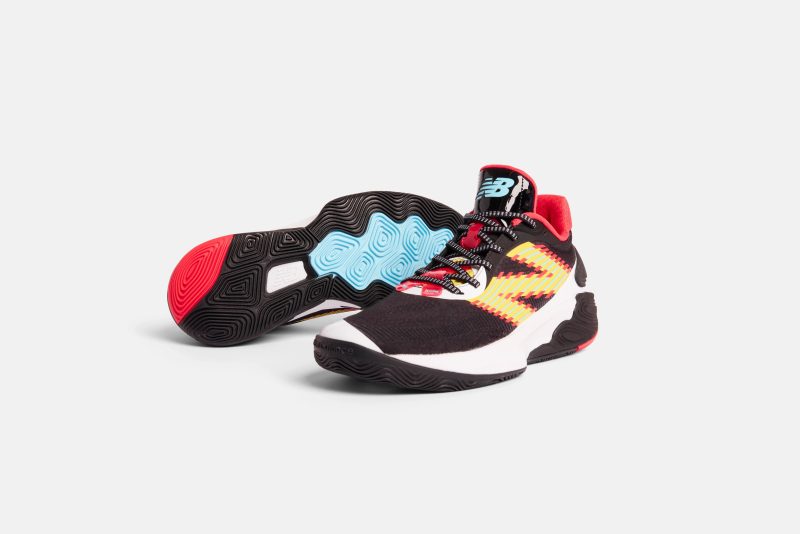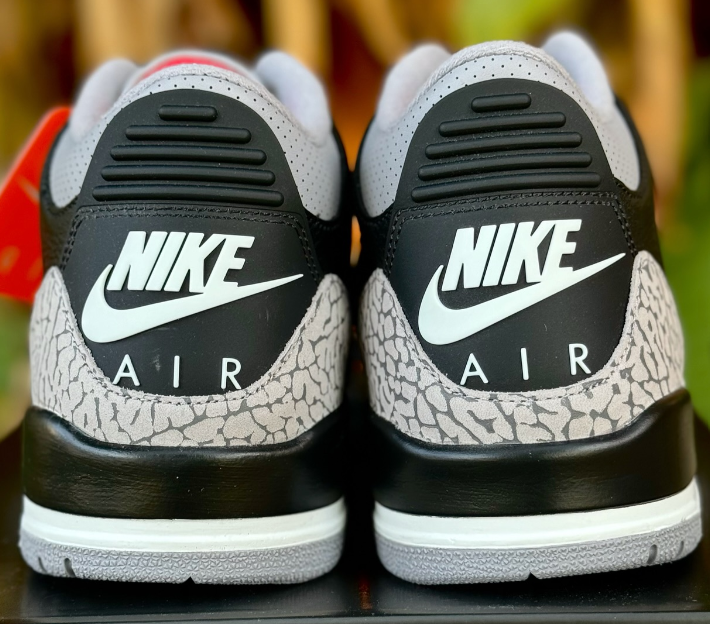- 20,415
- 10,332
- Joined
- Jul 29, 2001
AlexKennedyNBA Alex Kennedy
Fisher said there's absolutely no way that the players will accept a deal that has a hard cap or contract limitations
See ya'll next fall, everyone.
Fisher said there's absolutely no way that the players will accept a deal that has a hard cap or contract limitations
See ya'll next fall, everyone.














